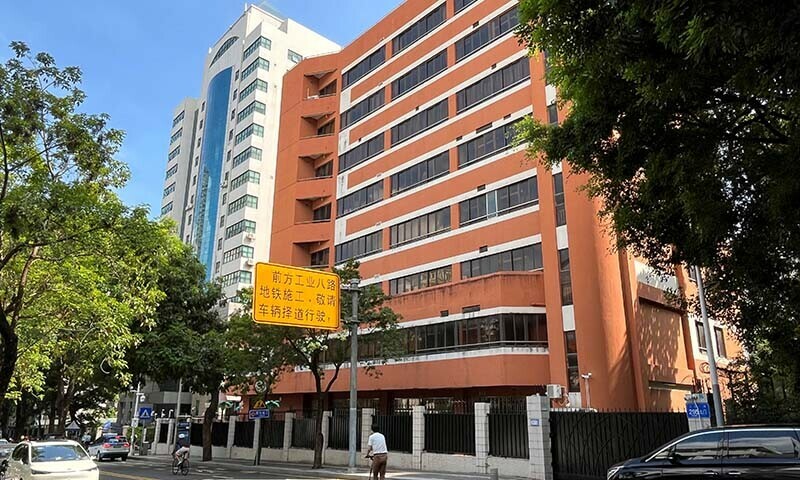
[ad_1]

China’s top diplomat Wang Yi told his Japanese counterpart that he hoped Tokyo would handle the fatal stabbing of a schoolboy in Shenzhen “calmly and rationally”, Beijing’s foreign ministry said Tuesday.
Prime Minister Fumio Kishida demanded an explanation after the attack last week in the southern Chinese city and urged Beijing to ensure the safety of Japanese citizens.
The boy, reportedly 10 years old, was stabbed on his way to a Japanese school.
Beijing’s foreign ministry said one of his parents was Japanese and the other Chinese.
Wang met Japan’s Foreign Minister Yoko Kamikawa during a visit to New York and told her that China would investigate and handle the case “in accordance with the law”.
“Japan should view this calmly and rationally and avoid politicising or escalating the issue,” Wang said, according to the Chinese foreign ministry.
Beijing “will as always safeguard the safety of all foreign citizens in China”, he said.
It remains unclear if the attack was politically motivated, although it happened on September 18 — the anniversary of the 1931 “Mukden incident” or “Manchurian incident”, which is known in China as a day of national humiliation.
On that day, an explosion on a railway was used by Japanese soldiers as a pretext to occupy the city of Mukden, now called Shenyang, and invade the wider region.
Japan’s foreign ministry said Kamikawa “strongly demanded” that China clarify relevant facts, including the motives, and strictly punish the perpetrator.
Kamikawa demanded in particular that China act against “malicious and anti-Japanese posts on social media, including those related to Japanese schools, that have no basis in fact”.
“Minister Kamikawa then requested that the two countries as neighbours work earnestly to improve the situation by squarely facing issues that serve as obstacles to the bilateral exchange,” Japan’s ministry said.
Kamikawa said before departing for New York for the United Nations General Assembly that Japan would spend 43 million yen ($300,000) to ramp up security at Japanese schools in China.
Beijing expressed “regret and sadness” last week for what it called an isolated incident that “could happen in any country”.
However, China’s foreign ministry decried on Tuesday attempts by some in Japan to link the killing with “so-called ‘anti-Japanese’ sentiment on Chinese social media networks”.
They are “magnifying and hyping up so-called ‘security risks’”, foreign ministry spokesperson Lin Jian told a regular news conference in Beijing.
“This kind of rhetoric is clearly inconsistent with the facts,” he said.
Relations between the countries have worsened as China grows more assertive in territorial disputes in the region, and as Japan boosts security ties with the United States and its allies.
However, Beijing announced last week it would “gradually resume” importing seafood from Japan after imposing a ban in 2023 over the release of water from the disabled Fukushima nuclear plant.
[ad_2]
Source link






